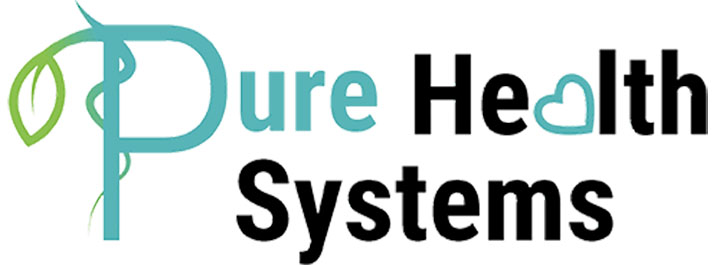Coriolus Versicolor – PSP
Cloud Mushroom Extract
Intracellular Mycelium Extract
Cov 1 Strain – Polysaccharide-Peptide
Min. 28% Polysaccharide
150 Vcaps, 400 mg: $39.98
90 Vcaps, 400 mg: $25.95

PSP Polysaccharide-Peptide
Coriolus Versicolor Polysaccharide-peptide is a recent addition to the family of medicinal-mushroom-extract products. Developed in China, extensive clinical testing did not begin until the early 1990s.
Under NMR analysis the glucan portion of PSP is almost identical to that of PSK® however, due to variations in fermentation media and extraction methods, there are some differences. Coriolus Versicolor PSP contains arabinose and rhamnose as single sugars but no fucose. The material used in the Japanese research (PSK®) contains fucose, but no arabinose. Also, PSK® contains protein in the non-polysaccharide portion of the molecule, PSP contains peptides.

Indications
Immune modulation,*
Instructions For Use
One to two capsules three times daily, after meals.
Clinical Research
All clinical research has focused on the immuno-modulating* properties of the polysaccharide-peptides.
Toxicity, Cautions, Contraindications
Coriolus polysaccharides are safe and nontoxic, having been used daily in clinical studies lasting five to ten years. However, immuno-modulating substances should be used with extreme care or avoided completely in organ-transplant patients utilizing immuno-suppressive agents.
Traditional Use And Preparation
See Coriolus®
Active Constituents
Polysaccharide-Peptides ( 1-4,1-3)
Extraction Information
The active constituents, the polysaccharide-peptides, are found in the cell walls of both the fruit bodies and the mycelium. Extraction with hot water, followed by precipitation with ethanol, is used to isolate the polysaccharide-peptides.1 Our product is an intracellular mycelial extract from the Cov 1 strain of Coriolus versicolor. The mycelium is grown on an all-natural, chemical-free nutrient base and is produced through the deep layer cultivation method, yielding the most bioactively potent mycelium for raw material.
Description
Coriolus versicolor belongs to the family Polyporaceae and is found throughout the wooded temperate zones of North America, Asia, and Europe. Found predominantly on hardwoods, the thin, woody, shelf-like fruit bodies form dense overlapping clusters on the sides of stumps and fallen trees. The fruit bodies (mushrooms) have a plush, velvety surface, are colored in varying shades of gray or brown, and have a distinctive pattern of alternating bands of dark and light color. The bottom is cream colored and porous.
References
- Hobbs, C., Medicinal Mushrooms, Botanica Press.1995.
